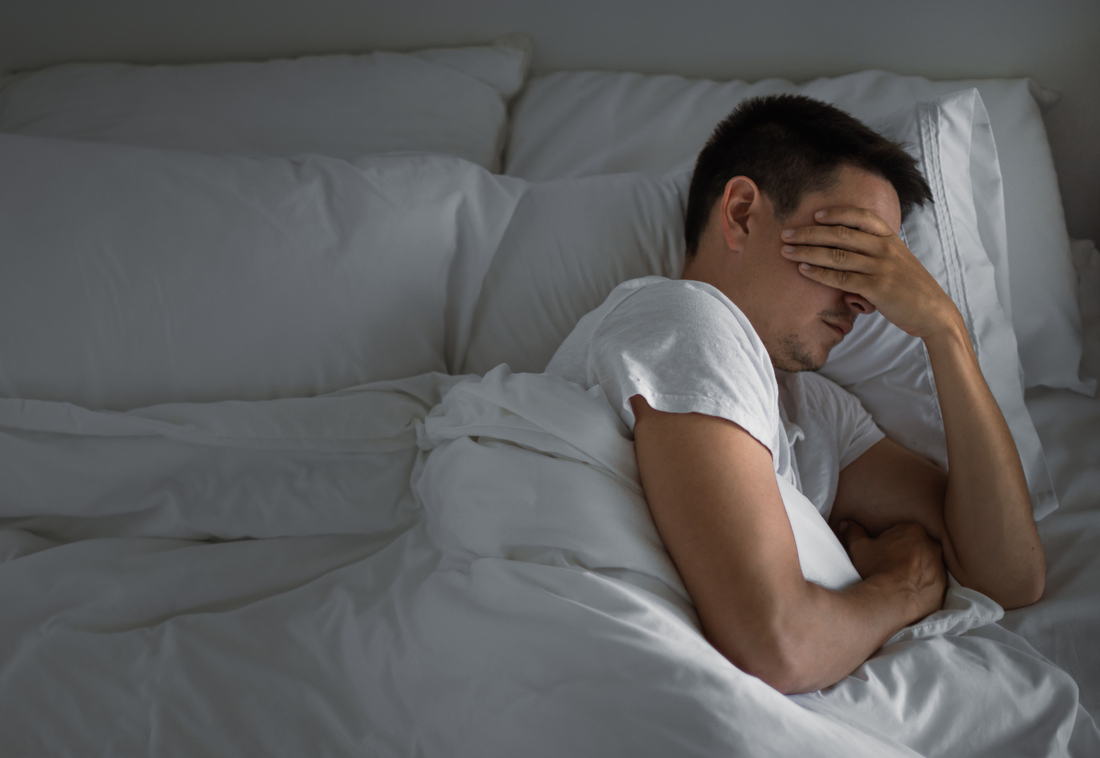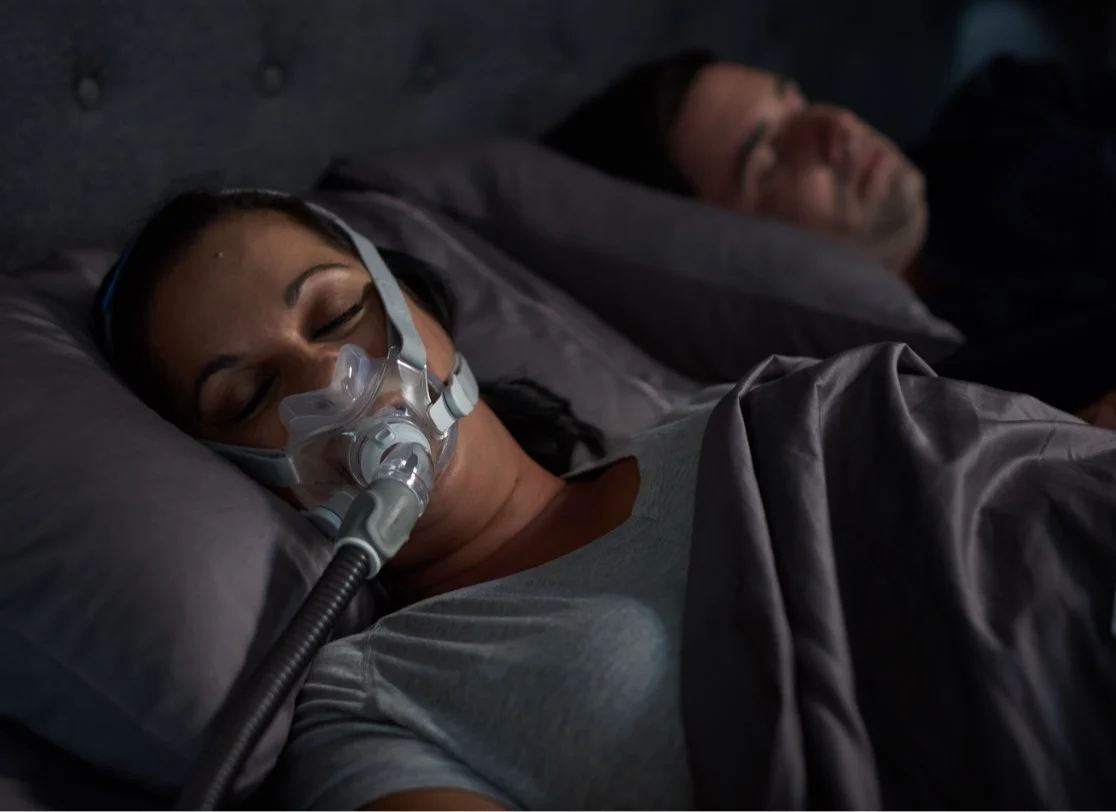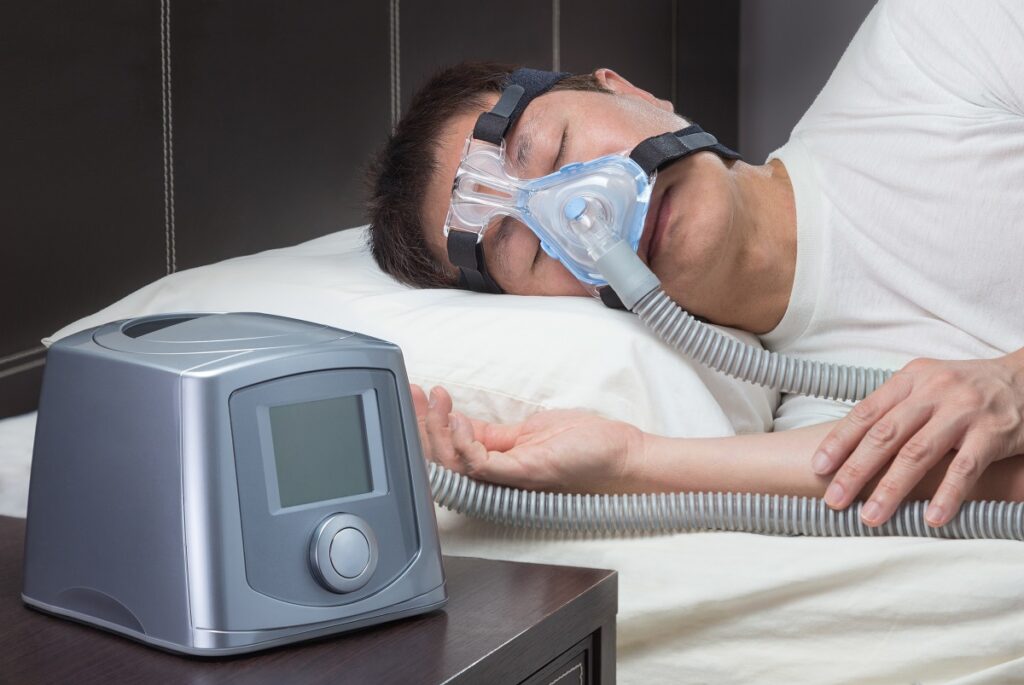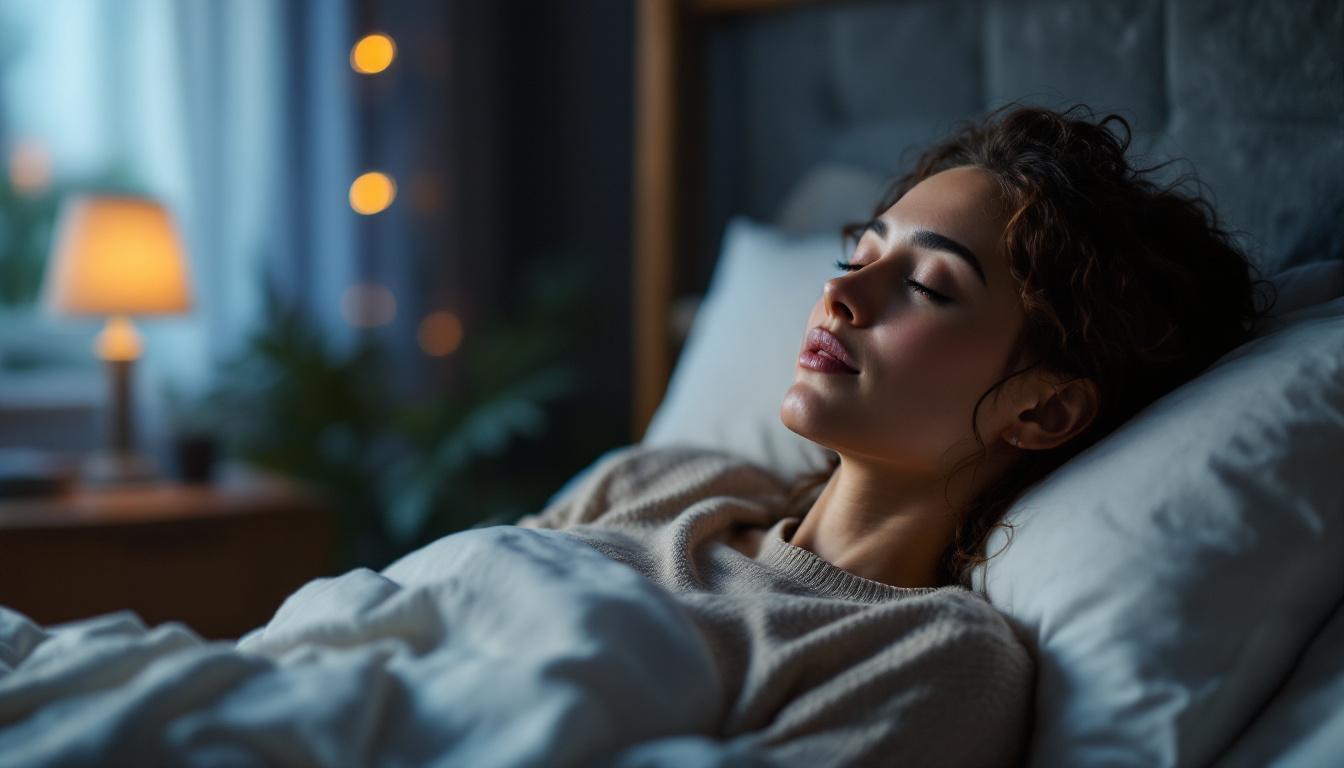Sleep is an essential component of our overall health and well-being, yet many people struggle with sleep disorders that can significantly impact their quality of life. If you suspect you have a sleep disorder, a sleep test may be necessary to diagnose the issue accurately. However, before booking a sleep test, it is crucial to understand the associated costs and factors that can influence these expenses. This guide aims to provide a comprehensive overview of sleep test costs, helping you make informed decisions about your health.
Types of Sleep Tests
Before delving into costs, it is important to understand the different types of sleep tests available. The two primary categories are in-lab sleep studies and home sleep tests.
Understanding sleep test costs is crucial for anyone considering a sleep study. By familiarising yourself with the different types of tests, factors influencing costs, and the importance of preparation, you can make informed decisions about your health. Always consult with healthcare professionals to ensure you receive the best possible care tailored to your individual needs.
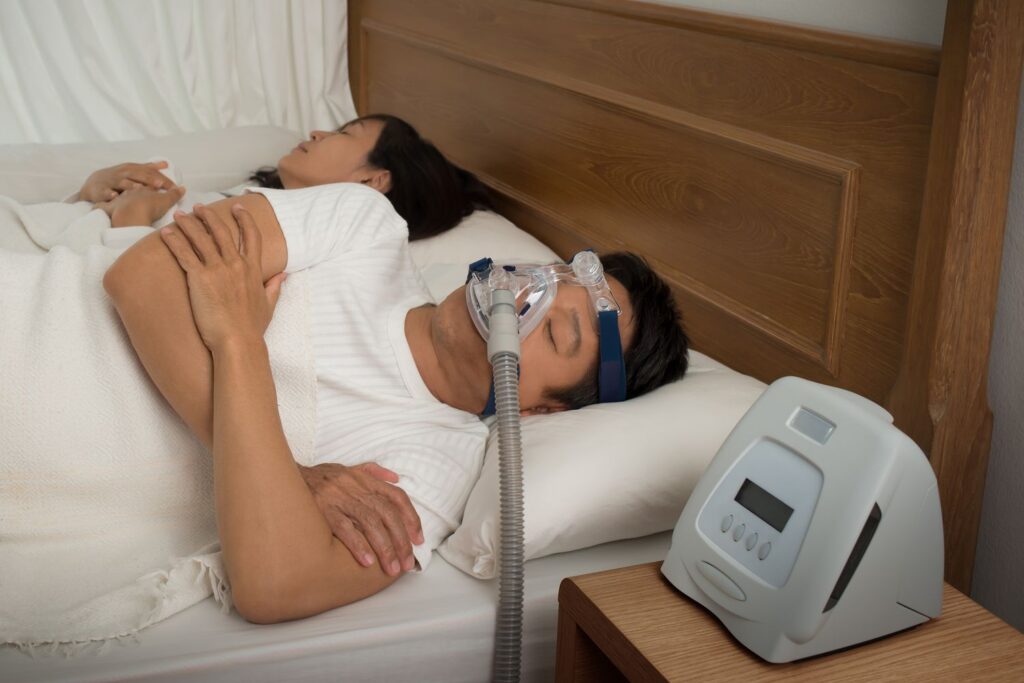
In-Lab Sleep Studies
In-lab sleep studies, also known as polysomnography, are conducted in a sleep clinic or hospital. During these tests, various physiological parameters are monitored while you sleep, including brain activity, eye movements, heart rate, and oxygen levels. This comprehensive approach allows for a detailed analysis of sleep patterns and potential disorders.
The costs for in-lab sleep studies can vary significantly based on the facility, location, and specific tests performed. On average, you can expect to pay between AUD 1,000 and AUD 3,000 for a single night of testing. However, this price may not include additional consultations or follow-up appointments.
Home Sleep Tests
Home sleep tests are a more convenient and often less expensive alternative to in-lab studies. These tests typically involve using portable monitoring equipment that you wear while sleeping in your own bed. Home tests primarily focus on diagnosing obstructive sleep apnoea (OSA) and may not provide as comprehensive data as in-lab studies.
The cost of home sleep tests generally ranges from AUD 300 to AUD 800. Many insurance plans cover home sleep tests, making them a more accessible option for many patients.
Learn more on: Sleep Apnea Test at Home in Australia How It Works and Where to Get One
Factors Influencing Sleep Test Costs
Several factors can influence the overall cost of sleep tests, and understanding these can help you budget effectively.
Location
The geographical location of the sleep clinic or hospital can significantly impact costs. Urban centres with a higher cost of living may charge more for sleep studies compared to rural areas. Additionally, the availability of specialised sleep centres can also affect pricing. Find more about availability on https://www.cpsp.edu.pk/hpe.php
It is advisable to research multiple facilities in your area and compare their pricing structures. Some clinics may offer package deals or discounts for self-pay patients, which can further reduce costs.
Insurance Coverage
Insurance coverage plays a crucial role in determining out-of-pocket expenses for sleep tests. Many health insurance plans cover sleep studies, but the extent of coverage can vary widely. It is essential to check with your insurance provider to understand your benefits and any potential co-pays or deductibles.
Some insurance companies may require prior authorisation before approving a sleep study, so it is advisable to initiate this process early to avoid unexpected costs. Additionally, ensure that the sleep clinic you choose is within your insurance network to maximise your benefits.
Additional Costs
In addition to the base cost of the sleep test, there may be other associated expenses to consider. These can include consultation fees for the sleep specialist, follow-up appointments, and any necessary diagnostic imaging or blood tests.
It is wise to inquire about all potential costs upfront, including any fees for interpreting the results of the sleep study. Understanding the full scope of expenses can help you avoid surprises later on.
Preparing for a Sleep Test
Preparation for a sleep test can also impact costs and overall experience. Proper preparation can ensure that the test yields accurate results, potentially reducing the need for repeat testing.
Consultation with a Sleep Specialist
Before undergoing a sleep test, it is often necessary to have a consultation with a sleep specialist. This appointment typically involves discussing your sleep history, symptoms, and any relevant medical conditions. The specialist may recommend specific tests based on your individual needs.
The cost of this consultation can vary, but it is generally between AUD 200 and AUD 500. Some insurance plans may cover this expense, so it is advisable to verify your coverage beforehand.
Pre-Test Instructions
Following pre-test instructions is vital for ensuring accurate results. Patients may be advised to avoid caffeine, alcohol, and certain medications in the days leading up to the test. Additionally, it is important to maintain a regular sleep schedule to ensure that the test reflects typical sleep patterns. To read more about alcohol click here.
Failure to adhere to these guidelines may result in inconclusive test results, necessitating a repeat study and incurring additional costs.
Understanding the Results
After completing a sleep test, you will receive a report detailing the findings and any diagnoses made by the sleep specialist. Understanding these results is crucial for determining the next steps in your treatment plan.
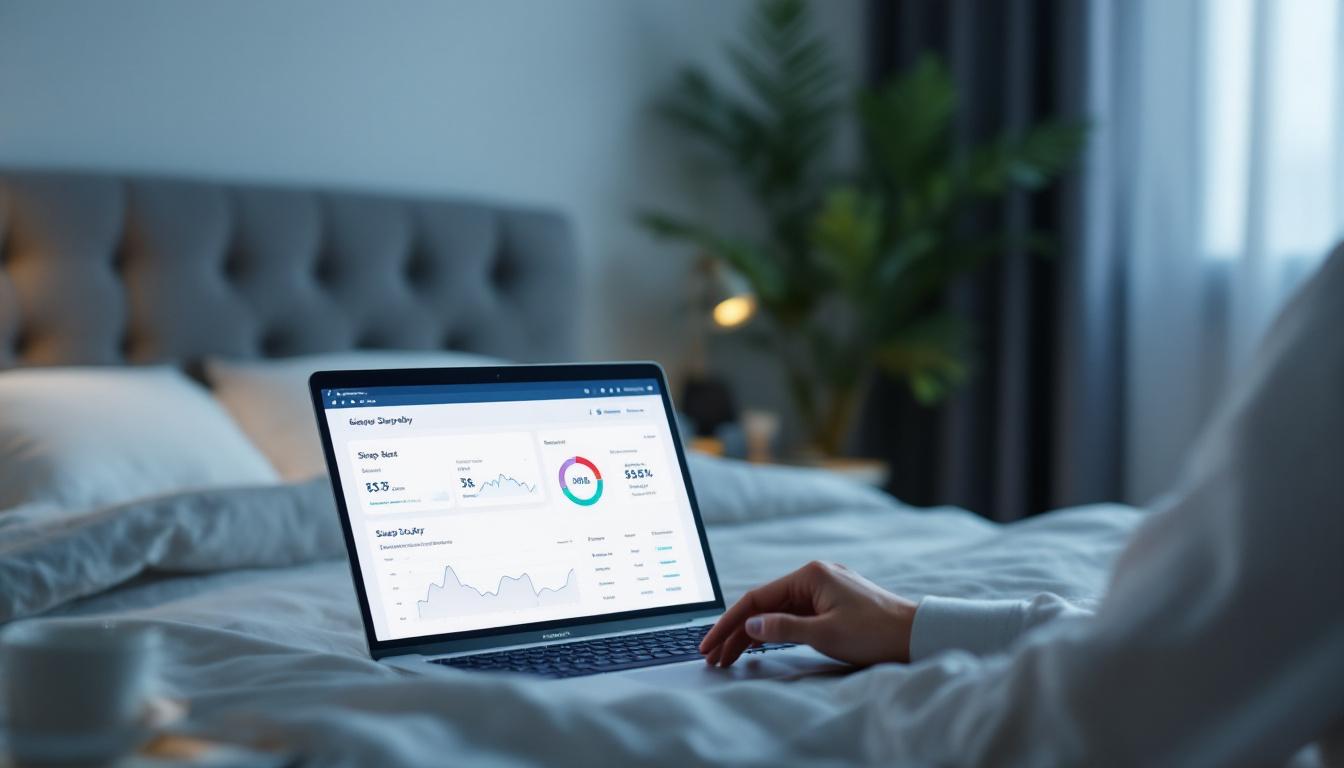
Interpreting the Results
Sleep test results can be complex, often containing technical jargon that may be difficult to understand. Common diagnoses include obstructive sleep apnoea, central sleep apnoea, and periodic limb movement disorder. Each condition has its own implications for treatment and management.
It is advisable to schedule a follow-up appointment with your sleep specialist to discuss the results in detail. This consultation may incur additional costs, but it is essential for developing an effective treatment plan.
Potential Treatment Options
Based on the results of your sleep test, your sleep specialist may recommend various treatment options. These can range from lifestyle changes and behavioural therapies to the use of continuous positive airway pressure (CPAP) machines or other medical interventions.
The costs associated with these treatments can vary widely, so it is important to discuss potential expenses with your healthcare provider. Some treatments may be covered by insurance, while others may require out-of-pocket payments.
Conclusion
Ultimately, investing in a sleep test can lead to better sleep quality, improved health outcomes, and an enhanced quality of life. Don’t hesitate to seek help if you suspect you have a sleep disorder; your well-being depends on it.

